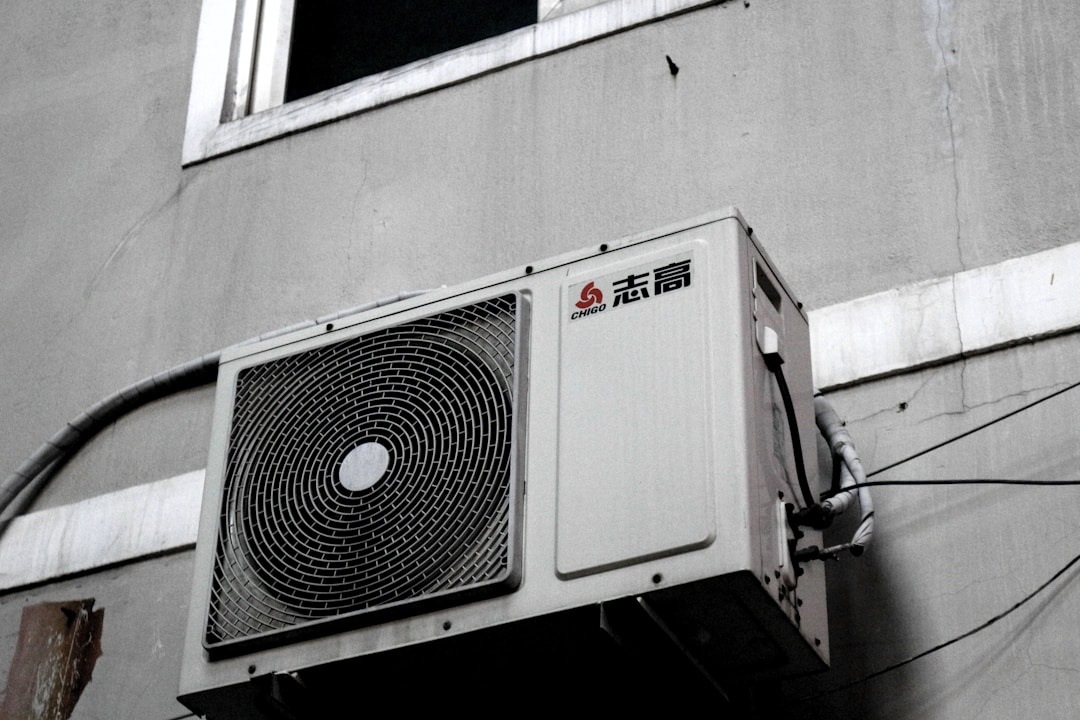No one wants to face a sweltering summer day with a malfunctioning air conditioner. Knowing the warning signs that your AC system needs immediate repair can help you prevent a total breakdown, ensuring your home stays comfortable even on the hottest days.
If you notice signs of problems with your HVAC equipment, it’s essential that you get it checked out as soon as possible to prevent further damage. Depending on where you live, you can search for “Nashville AC repair services,” for example, to find technicians in your area. In this article, we will outline the top three signs that your AC system requires professional repair so you are prepared to act quickly should any issues arise.
1. Strange Sounds or Unusual Noises

One of the most noticeable signs that your AC needs immediate repair is if you begin to hear strange sounds or unusual noises coming from the system. Air conditioners are designed to run quietly, so any sudden or persistent noise can be an indication of a problem. If you hear grinding, banging, or screeching sounds, it could suggest a damaged motor, loose parts, or issues with the compressor.
Early detection and intervention are essential to prevent further damage and costly repairs. It is recommended to turn off your AC system and contact a professional as soon as you notice any unusual sounds. Ignoring these noises could lead to more serious problems or even a complete breakdown of your system, leaving you without cool air on a hot day.
It’s also important to note that not all strange sounds necessarily indicate a severe problem with your AC unit. However, it’s always better to be proactive and have a technician inspect and diagnose the issue to ensure the longevity and efficiency of your system.
2. Weak Airflow or Insufficient Cooling
Another sign that your AC system needs immediate attention is weak airflow or insufficient cooling. If you notice that your home isn’t cooling down as it should or the air coming from your vents feels weak, it could be due to a variety of issues. A clogged air filter, a malfunctioning fan, or a problem with the ductwork can all contribute to reduced airflow and decreased cooling performance.
Regular maintenance, such as changing your air filters and cleaning your ductwork, can help prevent this issue. However, if the problem persists or worsens over time, contacting a professional AC repair company for assistance is essential. The sooner you can identify and address the cause of the weak airflow, the higher the chances of a quick, cost-effective repair.
Additionally, an AC system that struggles to cool your home can lead to higher energy bills. A properly functioning system should efficiently provide consistent, comfortable temperatures throughout your home. If your energy bills are consistently rising, it’s advisable to have your AC system inspected and repaired as needed.
3. Unpleasant Odors or Poor Air Quality

Unpleasant odors or poor air quality can also be a sign that your AC system needs immediate attention. Musty or burning smells coming from your AC unit can suggest mold growth, dirty components, or even electrical issues that require prompt repair. Poor air quality can cause allergies, asthma, and other respiratory problems, making it essential to address any odor or air purity concerns as soon as possible.
Keeping your AC system clean and well-maintained can help prevent unpleasant odors and poor air quality. Changing your air filters regularly, scheduling annual inspections, and having your ducts cleaned can all contribute to a healthy, comfortable home. If odors or poor air quality persist despite proper maintenance, it’s time to contact an AC repair professional to diagnose and resolve the issue.
Overall, being aware of the signs that your home AC needs immediate repair can help you maintain a cool and comfortable living environment. By paying attention to strange sounds, weak airflow, and unpleasant odors, you can address potential issues early and avoid more extensive and costly repairs.




